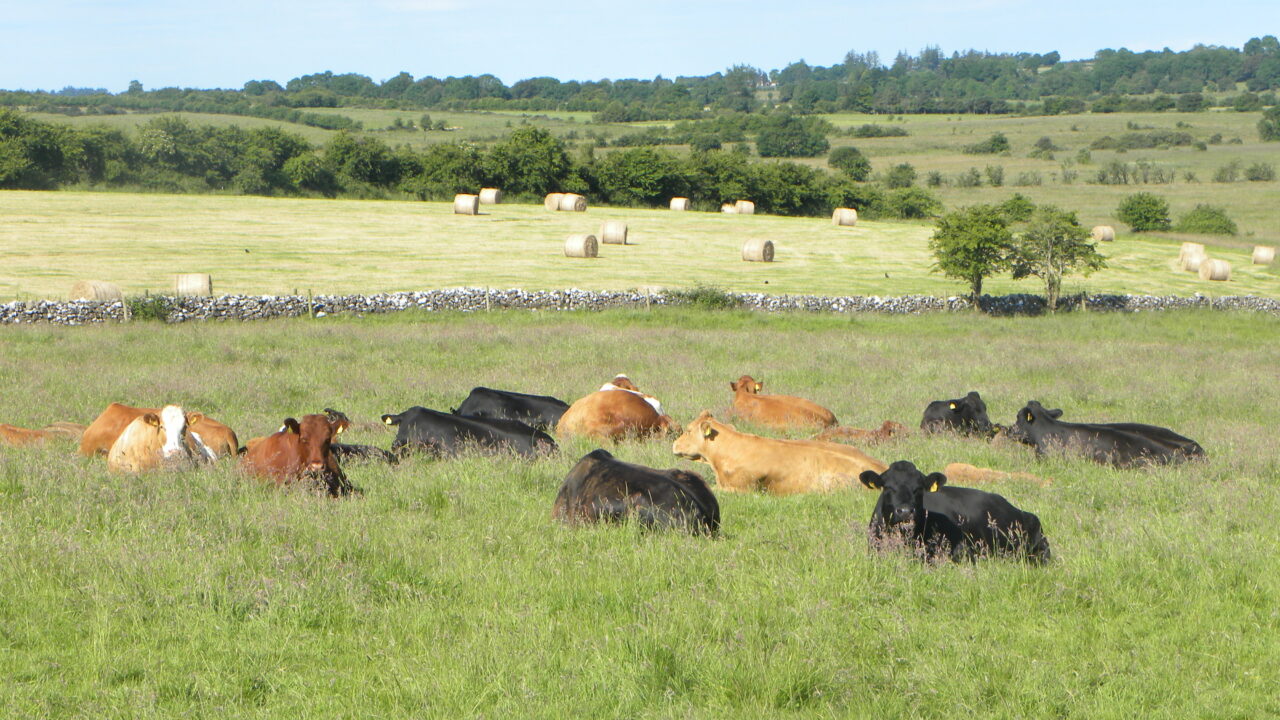The Irish Farmers’ Association (IFA) has raised concerns over the “increased threat to the health of farm animals” that can result from the development of greenway projects.
In a submission made to the Department of Transport, Tourism and Sport on its draft code of best practice for greenway projects, the IFA has expressed its opposition to the use of compulsory purchase orders (CPOs) for greenways.
Disturbances increase susceptibility to disease
As part of its submission, the IFA raised specific concerns over the impact that developing greenway projects may have on the health of farm animals.
“The key concern in this area is the disturbance of badgers and deer and the TB impact in neighbouring farms this is shown to have,” the document states.
The increased threat to the health of farm animals that emanates from infrastructural works in the vicinities of farms must be addressed prior to the commencement of amenity projects such as greenways.
“The increased disease threat is due to the disturbance of wildlife that occurs when these works take place.
“The disturbance and stress increases their susceptibility to disease and, in turn, increases the risk to our farm animals who are exposed to increased contact with this wildlife when disturbed.”
Inclusion of a wildlife survey and action plan
The IFA said that it is seeking the inclusion of a “wildlife survey and action plan” as part of the code of best practice for greenways, to “reduce the density of wildlife in the area in advance of any major infrastructural works taking place”.
It hopes for the enactment of such a plan to minimise the disturbance to wildlife, which in turn reduces the risk of disease spread to cattle.
Where populations of wildlife are identified in the area, a plan must be included to reduce numbers before works commence.
“It should be noted, in areas that have previously experienced TB in cattle, a licence is already in place to capture badgers.
“Therefore, intensive capturing should be planned prior to works commencing. Where a licence does not exist, the Department of Agriculture, Food and the Marine must develop a mechanism that provides a short-term capture licence for the preventative removal of wildlife.”
